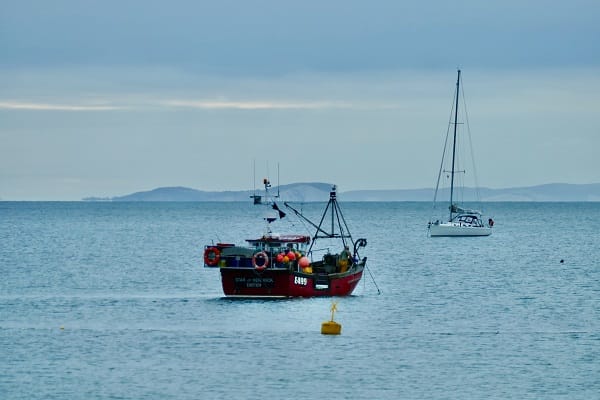Scientists are warning that the North Atlantic heatwave could be quite catastrophic for fish stocks this year as ocean temperatures are soaring.
Scientists and the Marine Stewardship Council (MSC) are warning that temperatures have now risen above the previous record since early March which is now as high as 5C above the long-term average.
The US National Oceanic and Atmospheric Administration has described this as “beyond extreme” as it is now in its highest category.
Oceans have absorbed 90% of the excess heat which is produces from greenhouse gas emissions which is human induced climate change.
Climate change is moving the temperature baseline and as result heatwaves will become more frequent and extreme which is devastating for marine life and also on land which we are witnessing in Rhodes and Corfu with the wildfires.
Dr Olav Sigurd Kjesbu, of the Institute of Marine Research in Norway, said, “We know these pelagic fish stocks are sensitive to temperature changes.
“We have already seen that climate affects their distribution, their ability to spawn and mortality rates.
“Rapid warming of the seas could accelerate these changes. They could also have a significant impact on the ability of herring and blue whiting to reproduce based on recent analyses.”
Dr Craig Donlon, head of Earth surfaces and interior section at the European Space Agency, dwarned this year’s North Atlantic temperature rise as a “scary situation.”
He said: “We can expect to see changes of biology structure, the ecosystem will adapt.
“Some species will migrate further north into the water that they feel more comfortable in, in terms of temperature, and of course, other species will migrate north into our waters from the south, bringing a bit more diversity.”
Erin Priddle, the MSC’s regional director for Europe, said: “Policy-makers must find a way to incorporate stock shift changes, such as changing distributions of the North East Atlantic pelagics, into long-term and robust fisheries management plans.
“Without joined-up and effective planning, our fisheries resources could be put at risk of overexploitation, overfishing, and even stock collapse.”






Leave a Comment